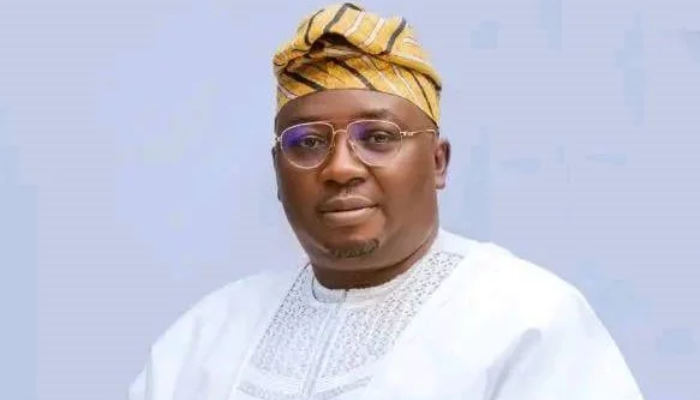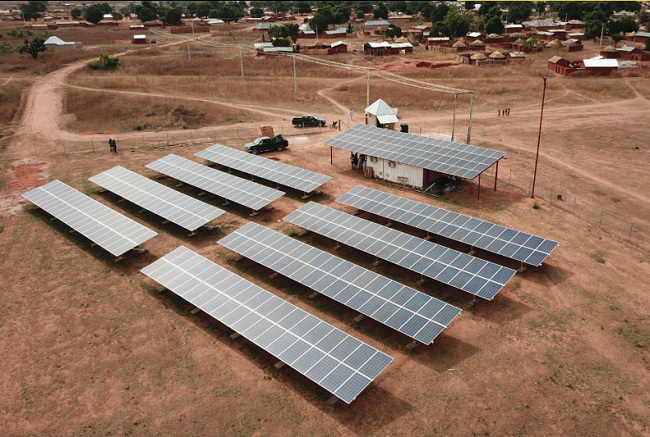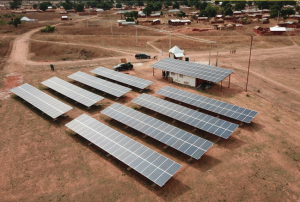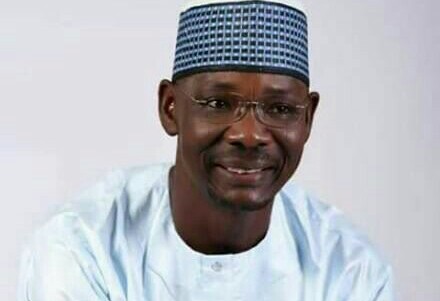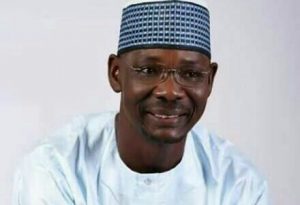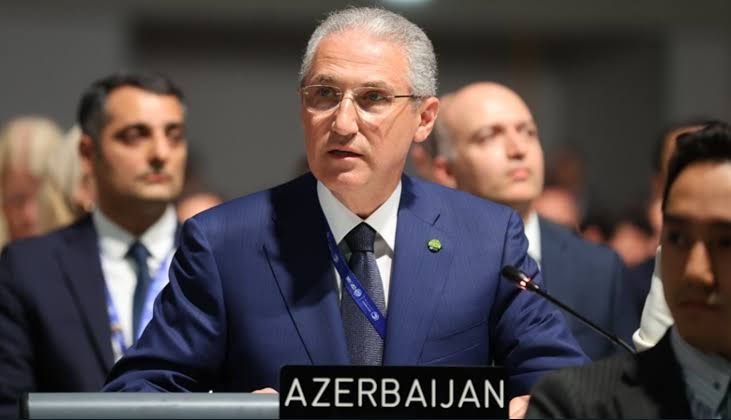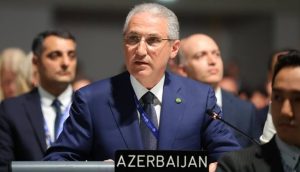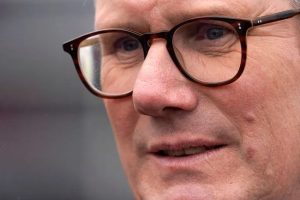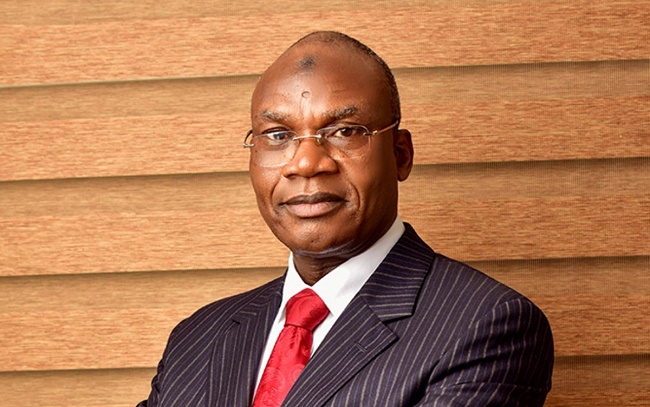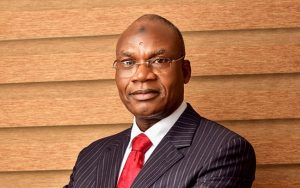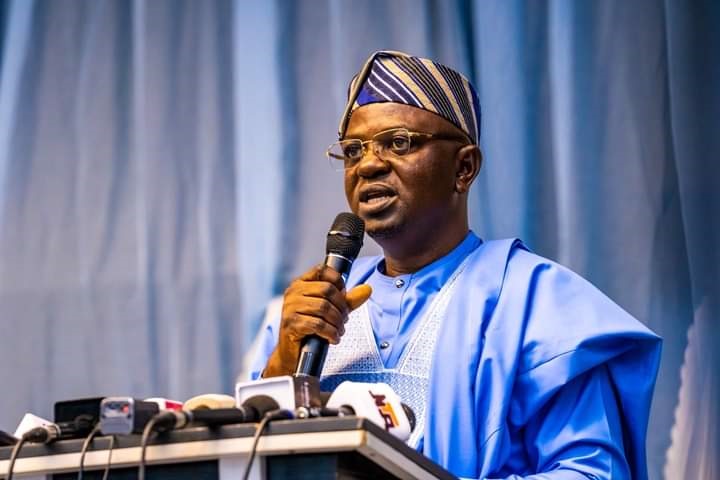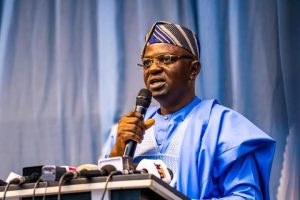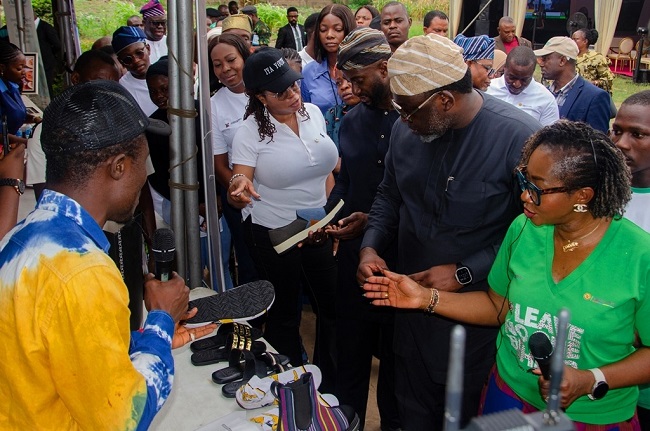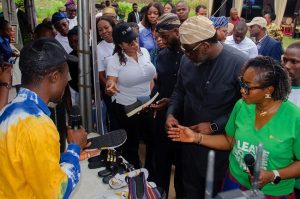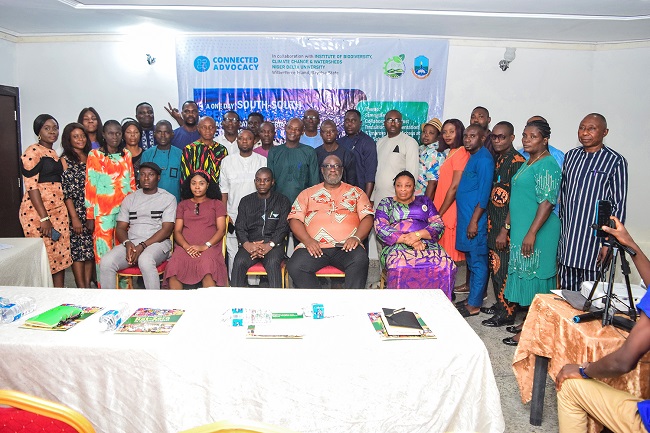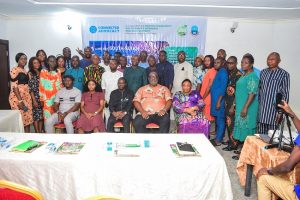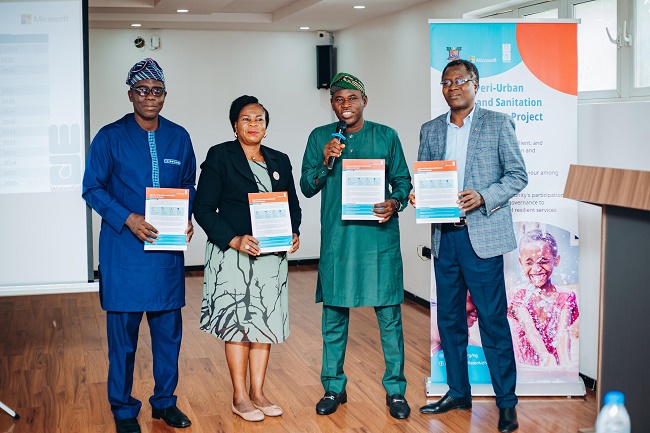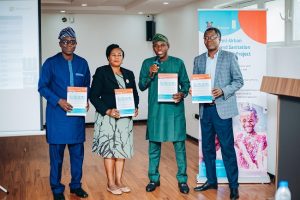The Federal Government of Nigeria says it plans to invest $800 million in the construction of sub-stations and distribution networks as part of the Presidential Power Initiative (PPI).
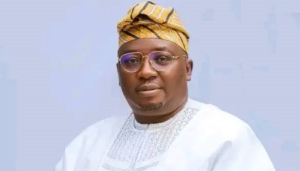
This is contained in a statement issued by Mr Bolaji Tunji, the Special Adviser, Media and Strategic Communication to the Minister of Power, in Abuja on Sunday, September 1, 2024.
Tunji said the Minister of Power, Mr Adebayo Adelabu, said this during a tour of the TBEA Southern Power Transmission and Distribution Industry in Beijing, China.
He said that the minister was in Beijing for the China-Africa Cooperation Summit.
Adelabu said that the investment would be divided into two lots: $400 million for Lot 2, covering Benin, Port Harcourt, and Enugu Distribution Companies (DISCOs) franchise areas, and $400 million for Lot 3, covering Abuja, Kaduna, Jos, and Kano DISCOs franchise areas.
The minister expressed concern over the rejection of power by Electricity Distribution Companies (DISCOs), which recently led to a reduction in generation capacity from a peak of 5,170 megawatts by 1,400 megawatts due to their inability to manage the supply.
He said that, despite the setback, the government aimed to increase power generation to 6,000 megawatts by the end of the year.
Adelabu reaffirmed the government’s commitment to collaborating with world-class organisations like TBEA to realise President Bola Tinubu’s vision for the power sector.
“Especially in the areas of transmission and distribution of the entire power sector value chain as well as Nigeria’s renewable energy segment.”
Adelabu said that Nigeria had in 1984 generated 2,000 megawatts, and it took over 35 years to add another 2,000 megawatts.
He said that under the current administration, power generation increased from 4,000 megawatts to 5,170 megawatts within a year.
The minister speaking on the problems in the power sector which had hindered industrial growth, said this was due partly to the fragility of the Transmission and distribution infrastructure which had become old and dilapidated.
“This has led to historical epileptic supply of Power to households, industry and businesses.
“More than 59 per cent of industries in Nigeria are off the grid. They did not see the national grid as reliable and dependable. So a lot of them now operate their own captive, self-generated power,” he said.
Adelabu said that the present administration was determined to transform the power sector, adding that a lot of activities had started that were gradually bringing back confidence in the sector.
“When this administration came on board in 2023, we met about 4 gigawatts (4,000 megawatts) of power but within a year, we were able to generate a milestone of 5,170 megawatts.
“That is about 1, 000 megawatts of power within the first year. It may look small, but compared to the history of the country, this is commendable”.
“Our plan is that, by the end of the year, we aim to achieve 6,000 megawatts of power through a combination of hydroelectric power plants and our gas- fired power plant.
“We are also targeting 30 gigawatts of power to be generated, transmitted and distributed by year 2030 out of which 30 per cent will be renewable energy,” he said.
On the construction of the super grid, the minister said the national grid in its present state could not support the vision for the power sector.
“If we look at the strength, the capacity and the age of our existing network on the national grid, it cannot really support our vision for the power sector, hence the need for the construction of the Western and Eastern super grid.
“Though we have been on this since my assumption of duty, I can also tell you that the president is in full support of this because it will improve our transmission network.
“It will also stabilise the grid and also expand the capacity and the flexibility of the grid as 90 per cent of the approval required is in place and will be concluded soon,” he said.
The statement also quoted the President of TBEA, Huang Hanjie as assuring the audience of the organisation’s continued support for Nigeria’s government vision for the power sector.
He said TBEA operates across 100 countries in the world and would be willing to share its experience in the provision of energy.
“The company is not new in Nigeria, it is presently working with the Omotosho, power plant, Ondo State, owned by the Niger Delta Power Holding Company (NDPHC).”
Hanjie also commended the minister for the improved power sector as evidenced in improved generation and transmission since his assumption of office.
He said that TBEA would be willing to work with the Nigerian government to achieve its vision and contribute to the ongoing power sector revolution in the country.
By Constance Athekame

